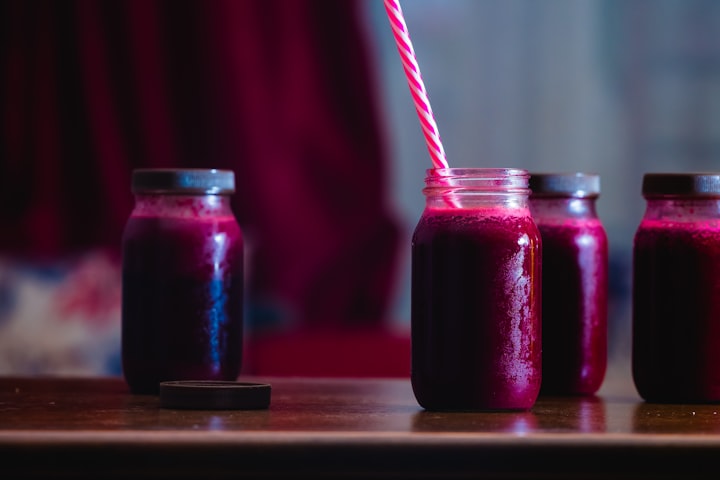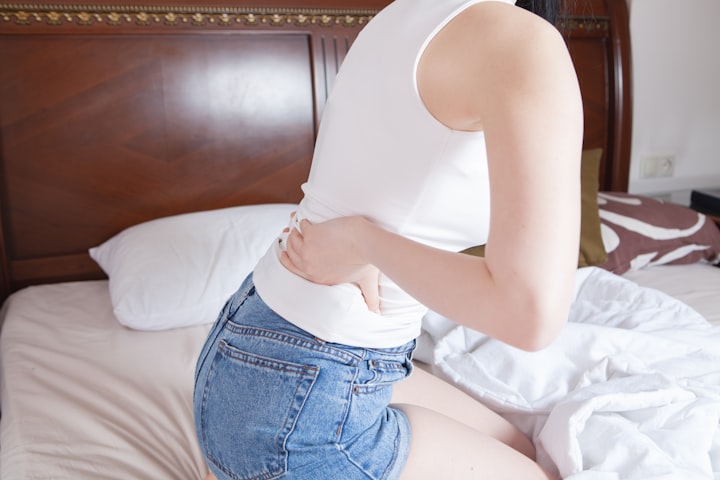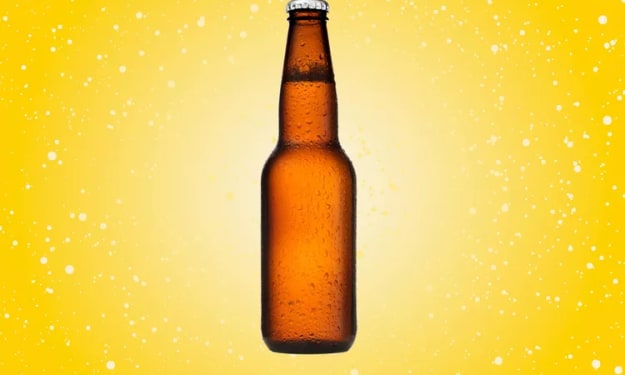You Don't Have a Parasite, BUT...
There ARE things you can do for your symptoms.

The trend of cleanses has morphed into something new. It’s not just drinking fruit and vegetable juices anymore.
Cleansing the body is an interesting concept, especially given that the human body contains a complex and multi-organ system designed to protect the tissues from harmful toxins and by-products that exist following the normal processes of metabolism. The lungs help us to clear carbon dioxide after the use of oxygen. The skin helps us to sweat out breakdown products. Our liver has two phases of detoxification to turn hormones, nutrient by-products, alcohol and drugs into water-soluble forms and the kidneys help clear them through urine. Even our digestive system plays a role, using muscular contractions and stool to clean out dead bacteria, toxins and more.
The newest trend in cleansing is the removal of parasites (along with yeast, heavy metals and general “environmental toxins”). Sounds icky, right? If you’re experiencing symptoms like constipation, diarrhea, fatigue, bloating, and even weight gain it’s the first recommendation I see given by “holistic” providers. It often involves some sort of dietary restriction paired with a regime of supplements.
Let me be blunt with you: you don’t have a parasite. BUT...
... your symptoms are real and valid, and you deserve appropriate care and treatment to get back to feeling your best.
If you live in an area with access to clean running water, the chances are high that you don’t have the same exposure to parasitic infections as those without clean water. This also goes for areas that have sanitation systems in place, including toilets and access to hand washing facilities – most parasites are passed from person to person via fecal matter. And the symptoms of parasitic infections aren’t as simple as feeling tired and bloated (the myth of weight gain and parasitic or yeast infections is a whole other ball game).
Treatment has to be done by a medical professional, as systemic infections, or parasites and yeast moving into the bloodstream are deadly. Think ICU on a ventilator serious.
Pinworm is common in preschool and school-aged children, as well as institutionalized folks (think group homes, nursing homes and retirement communities and incarcerated individuals) and their caregivers. It is spread via the fecal-oral route, typically by hand or through contaminated objects and food. It is not spread by pets. The main symptom is itching around the anus, often leading to very poor sleep; it’s possible you may see worms in stool. Pinworm is treated by two doses of an anti-parasitic medication.
Roundworm is common in children and there are typically no symptoms. In severe cases there may be shortness of breath, abdominal swelling, diarrhea, fever and failure to grow and gain weight. Rarely, it can travel to the lungs resulting in damage and block the intestine requiring surgery. Medications are needed to paralyze the parasite and prevent migration so that it can pass in the stool.
Hookworm is more common in countries with poor sanitation – walking barefoot in soil that has been mixed with infected feces is the most common way to contract it. There are typically no symptoms, but in some cases anemia, colic, mild abdominal pain and diarrhea can occur. It is treated similarly to other parasitic infections.
Strongyloidiasis is common to tropical and subtropical areas, and infection occurs through touching contaminated soil. There are typically no or mild symptoms, including abdominal burning, nausea and vomiting, and rounds of diarrhea. Severe infection causes anemia, chronic diarrhea and weight loss.
Trichinellosis is caused by eating undercooked sausage, pork, horse, walrus and bear meat. It primarily affects the muscles, not the intestines, however it is possible to exposure diarrhea or muscle cramps. When this parasite enters the muscles, it can cause eye infections, high fevers, muscle pain, facial swelling and rashes.
Whipworm is caused by eating food with whipworm on it or from soil, or from touching it. There are usually no symptoms, but severe infection can cause bloody stool, diarrhea, weight loss and anemia. It can be resolved quickly (within a few days) with anti-parasitic treatment.
When it comes to yeast infections, studies have not shown removal of sugars in the diet to be of benefit, particularly with vaginal yeast infections – glycogen already exists in the vaginal tissues and is used by the vaginal microbiome. Digestive microbiomes are unique from the vaginal microbiome, and therefore probiotic supplementation is ineffective. And there is a small percentage of individuals who will experience chronic or recurrent yeast infections… we’re not yet sure why. The most common reason for recurrent infection is antibiotic resistance and is the reason why many physicians are hesitant to prescribe antibiotics (others are not as responsible).
With all that being said, your symptoms still need care and attention.
If constipation or diarrhea is the main concern, consider your intake of fibre and fluids. Don’t just think about getting enough, but how often you are including it during the day. Eating a fibre-rich breakfast and zero fibre for the rest of the day is useless. An alternative: are you eating TOO MUCH fibre?
Probiotics may be of benefit depending on symptoms – different strains provide different effects on the digestive system.
Pelvic floor dysfunction may also be a culprit. When pelvic floor muscles are too tight or too weak, it can be hard to coordinate bowel movements and manage abdominal structures, often contributing to bloating and stool changes. See a pelvic floor physiotherapist for additional support.
If you’re not eating enough during the day or meals are small in volume, this can contribute to digestive symptoms. The gut relies on regular and adequate stimulation to move stool along – without the addition of food, the brain has no reason to get the intestines moving. While it can be uncomfortable to continue eating while feeling bloated, it’s possibly one of the best ways to reduce bloating in the long-term.
If you smoke or consume high volumes of alcohol and caffeine, it’s time to dial back. All three are irritants to the lining of the stomach and contribute to reflux and discomfort. Consider reducing consumption or quitting entirely, with the support of counselling if needed.
Talk to your provider about additional testing – celiac, SIBO, Crohn’s, colitis and colon cancer can have red flag symptoms like unexpected weight loss, blood in stool, anemia and more that need treatment fast.
And a note on changes in weight gain: bodies are not meant to stay the same forever. You will not be your age 18-size jeans at age 50, and that’s okay. Don’t let uneducated influencers try to convince you that your body is broken, unwell or unworthy because of its size.
About the Creator
Emily the Period RD
I help people with periods navigate menstrual health education & wellness with a healthy serving of sass (and not an ounce of nutrition pseudoscience).






Comments
There are no comments for this story
Be the first to respond and start the conversation.